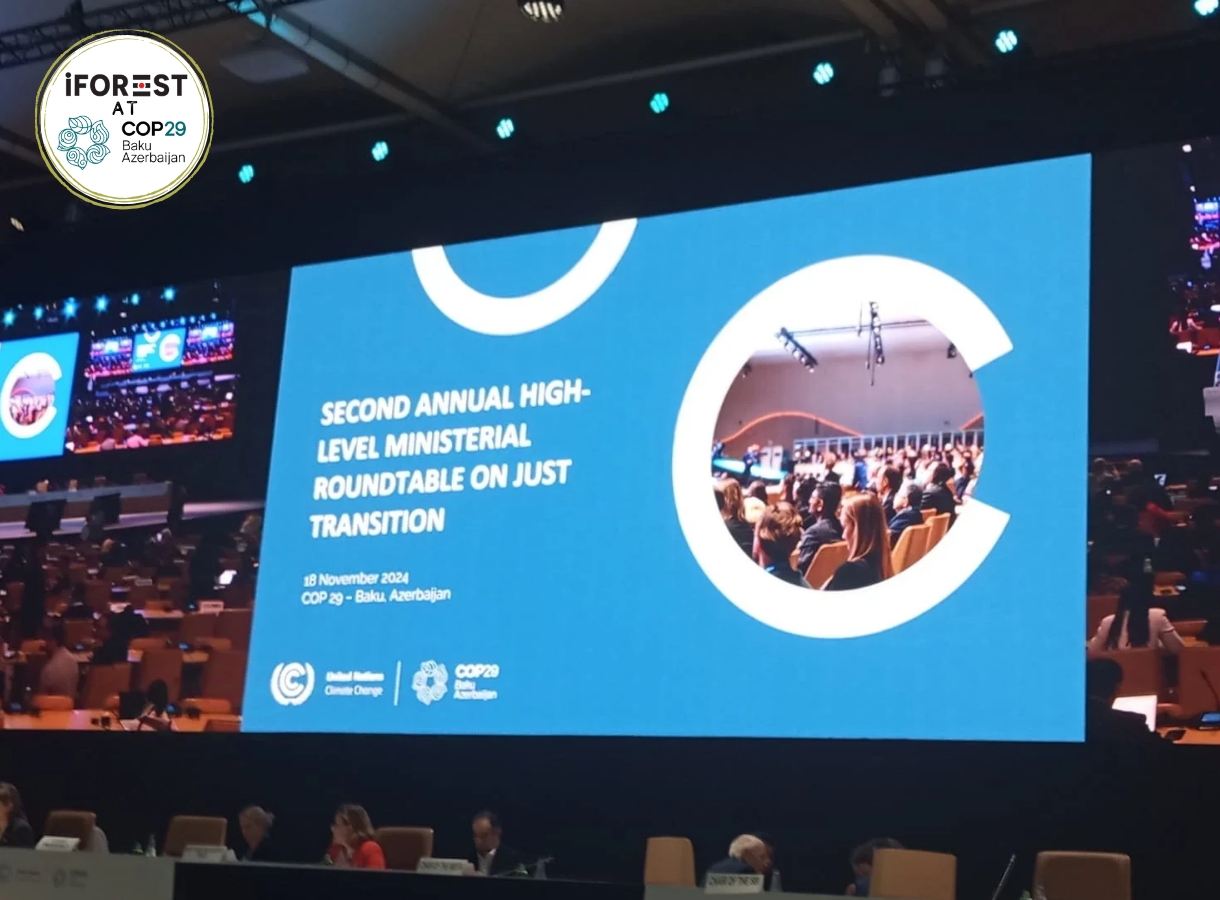
As countries prepare to update their climate pledges under the upcoming Nationally Determined Contributions (NDC) 3.0 cycle, Just Transition is emerging as an essential cross-cutting agenda to strengthen the action of mitigation, adaption, and resilience measures by various countries.
The draft negotiation text of the United Arab Emirates Just Transition Work Programme (UAE-JTWP) has underscored the “multi-sectoral and multi-dimensional nature of just transition” that cuts across all the pillars of climate action. This comprehensive approach envisions addressing not only the carbon transition but also the socio-economic transformations it entails. Therefore, to ensure a Just Transition, or move away from fossil fuels, requires a ‘whole-of-economy’ approach.
Where are we on actionable steps?
An important agenda for COP29 this week will be to frame actionable steps under the JTWP to enable countries to design and implement Just Transition measures, aligning with climate commitments under the Paris Agreement. While each country’s journey to a Just Transition will be based on unique national circumstances, including socio-economic conditions, resources, and priorities, some clear actionable steps can ensure collective and timebound action.
The second annual inter-ministerial roundtable held in Baku on November 18th brought to light some steps that must be enforced through the work programme.
A key one in this regard is the need for strong financial commitments to support Just Transition measures in developing countries. There is a strong sentiment from the negotiators that this requires significant public investment to ensure a fair and inclusive transition. The emphasis should be on prioritizing public finance as the primary driver, rather than high reliance on market mechanisms or investments driven by profit. By placing public finance at the forefront, international institutions can address the social and economic challenges of transition, ensuring that the process is equitable and aligned with long-term development goals.
The other aspect is to guide Parties and build their capacity to develop comprehensive Just Transition policies and plans that can be suitably integrated into the updated NDs, National Adaptation Plans (NAPs), and also development plans.
Finally, there is a need to specify measurable targets, especially short and medium-term targets, to achieve long-term outcomes.
With such measures put in place through the JTWP, Just Transition can be a huge opportunity to support inclusive and green economic growth in developing countries, and not undermine their developmental ambitions.

Listening to voices beyond decision-makers
Besides these, an important issue for Just Transition will be to create appropriate platforms, to ensure representation and participation of various stakeholders. Mr. Nabeel Munir, the Chairperson of the Subsidiary Body for Implementation (SBI) to the UNFCCC, in his opening remarks at the inter-ministerial roundtable emphasized that a transition “will never be just if the floor is only given to the decision-makers.”
The JTWP should therefore design spaces where diverse voices can actively contribute to decision-making. This inclusivity will help to bring to the floor the unique challenges and needs of those most affected by the transition, making policies more responsive and grounded in local realities. Such an approach will also build trust, legitimacy, and broader support for Just Transition action and make it truly a people’s agenda.
A public policy professional, Srestha’s core interest lies in improving environment and resource governance, and securing community rights through an interface of strong research and advocacy. She is currently director, Just Transition, at iFOREST.
